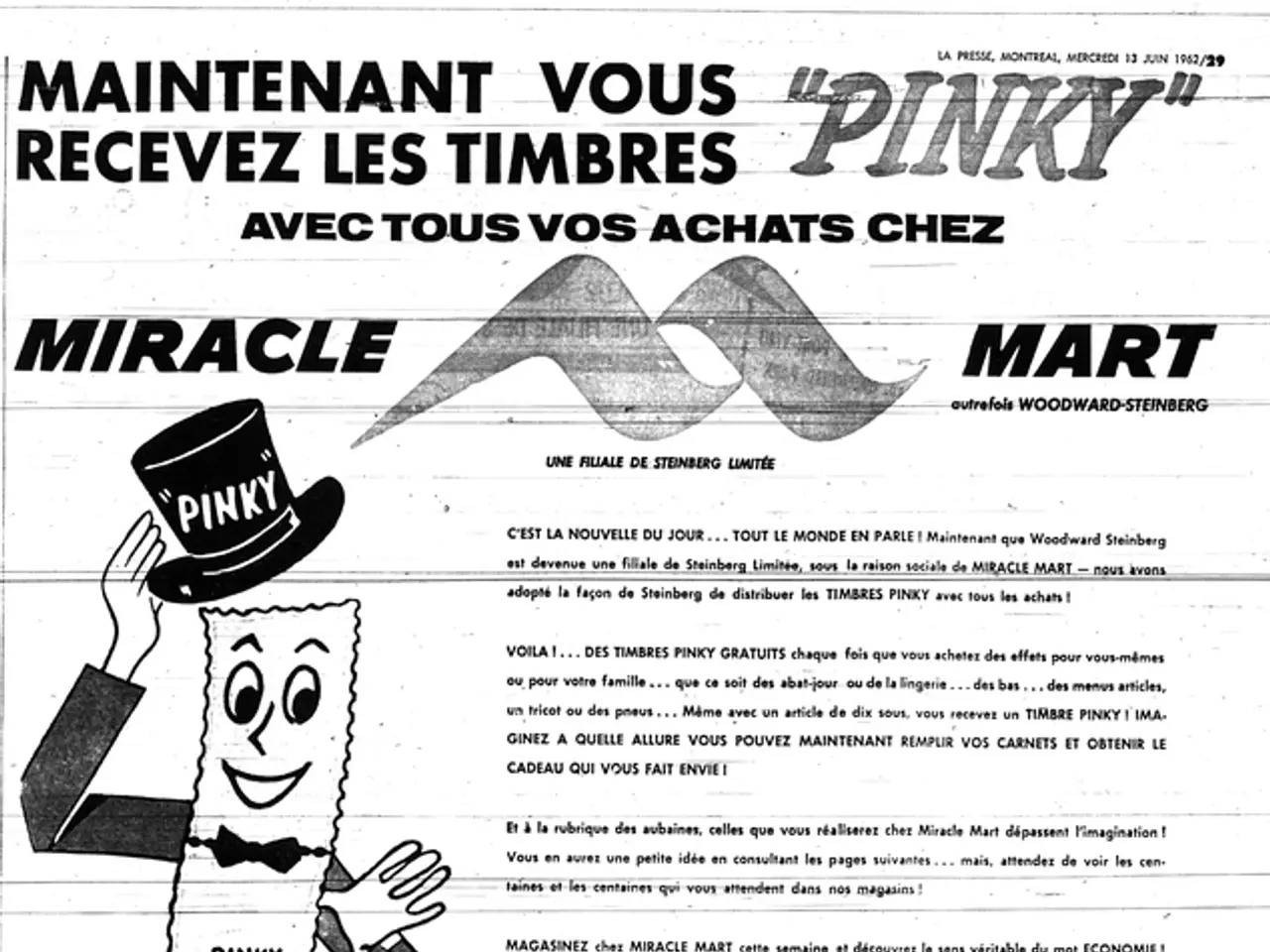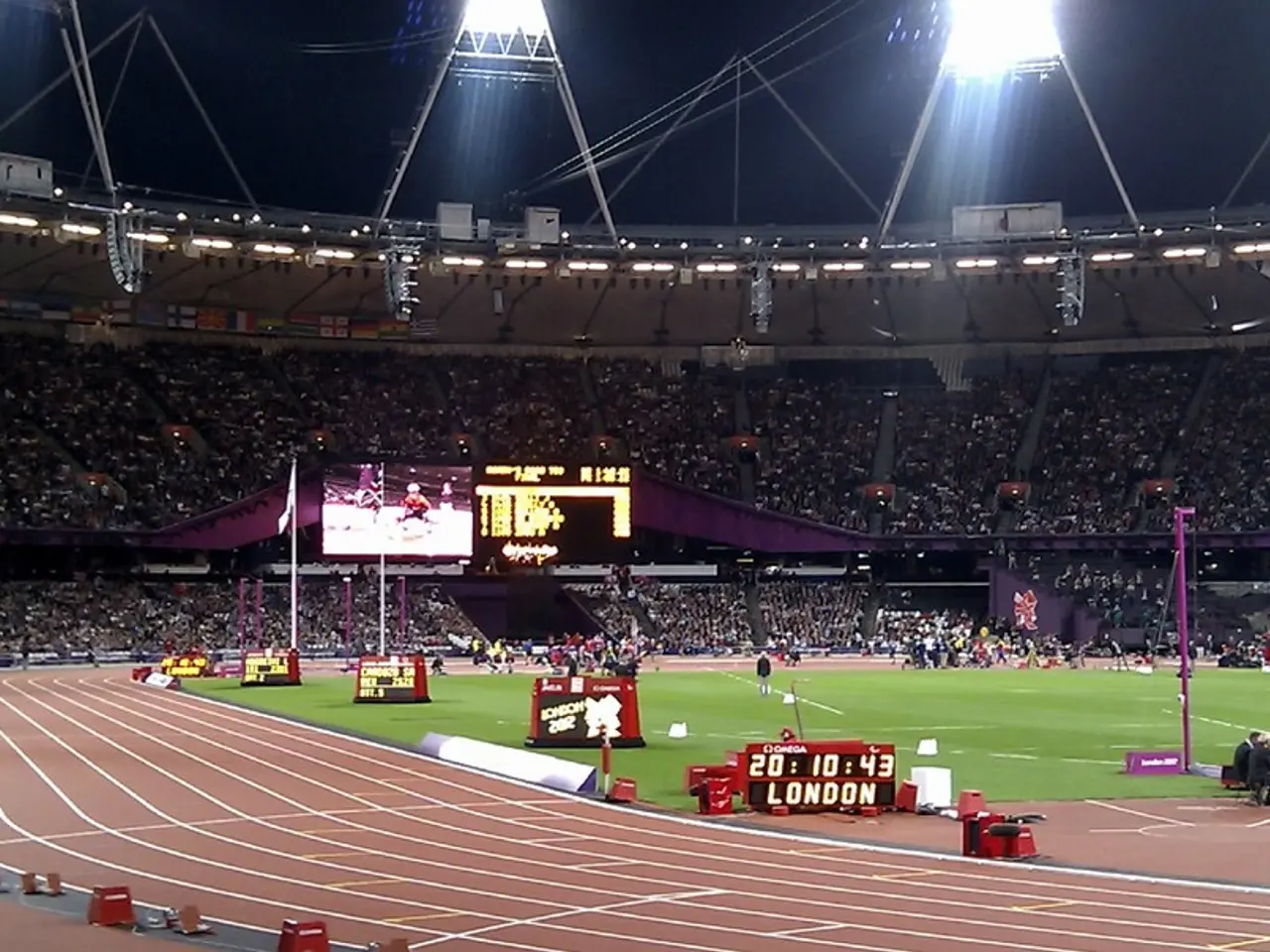RevampedTitles: Top 10 Movie Previews Tipping the Scales in Hollywood's Favor
================================================================================
In the world of Hollywood, the art of film marketing has undergone a significant transformation, with movie trailers leading the charge. From humble beginnings as simple advertisements in the early 1900s to the sophisticated, data-driven campaigns of today, trailers have evolved into powerful storytelling tools that captivate audiences and drive box office success.
Originally, trailers emerged around 1913-1914 as basic advertisements created for theater chains. However, it wasn't until the 1960s that trailers began to take on a more narrative form, thanks to visionary filmmakers like Stanley Kubrick who pioneered the format. Over time, trailers became meticulously crafted pieces designed to evoke emotions and create a buzz.
Fast-forward to the present day, and the landscape of film marketing has been reshaped by the rise of streaming platforms such as Netflix and Amazon Prime. These platforms have led to a shift away from traditional theatrical trailer campaigns and towards algorithmic recommendations and targeted digital marketing.
Studios are now using analytics and social media data to optimize trailer content and placement, A/B testing multiple versions of trailers to gauge audience reaction. They are also deploying targeted demographic advertising and leveraging fan communities and influencer partnerships to generate organic buzz at a lower cost. Additionally, experimentation with emerging technologies such as AI, Virtual Reality (VR), and Augmented Reality (AR) experiences are becoming increasingly common.
The decline of traditional theatrical audiences, shrinking theatrical release windows, and changing viewer behaviors have forced studios to adapt their marketing strategies. With theatrical screens decreasing and major studio releases down, studios face challenges in maintaining the impact of trailers in traditional settings, prompting a pivot towards digital-first marketing strategies.
Examples of innovative marketing tactics abound. The viral campaign for "Deadpool" included humorous and unconventional trailers that perfectly matched the film's tone, generating immense buzz and anticipation. The teaser for "Star Wars: The Force Awakens" masterfully blended nostalgia with fresh elements, appealing to both long-time fans and newcomers. The trailer for "Inception," directed by Christopher Nolan, used a non-linear narrative and haunting score to captivate audiences and establish a new benchmark for trailer engagement.
The future of movie trailers holds exciting possibilities. Shorter, more dynamic trailers may become the norm for streaming platforms like Netflix and Amazon Prime. The potential for immersive trailer experiences using VR and AR is becoming a reality. Innovative marketing tactics continue to push the boundaries of what is possible in movie trailers.
In conclusion, the evolution of movie trailers has significantly transformed Hollywood film marketing strategies by shifting from simple promotional previews to sophisticated, data-driven campaigns that integrate new technologies and platform-specific tactics. This evolution has made film marketing more precise, cost-effective, and integrated with a film’s broader release strategy. At our platform, we remain committed to exploring this ever-evolving landscape of film and celebrating the artistry behind both movies and their trailers.
In the ever-evolving landscape of film marketing, streaming platforms like Netflix and Amazon Prime are driving a shift from traditional theatrical trailer campaigns to algorithmic recommendations and targeted digital marketing, blurring the lines between movies-and-tv entertainment and advertising.
As a result of the rising influence of streaming platforms and changing viewer behaviors, studios are now using analytics, social media data, and A/B testing to optimize trailer content, making film marketing more precise and cost-effective.





